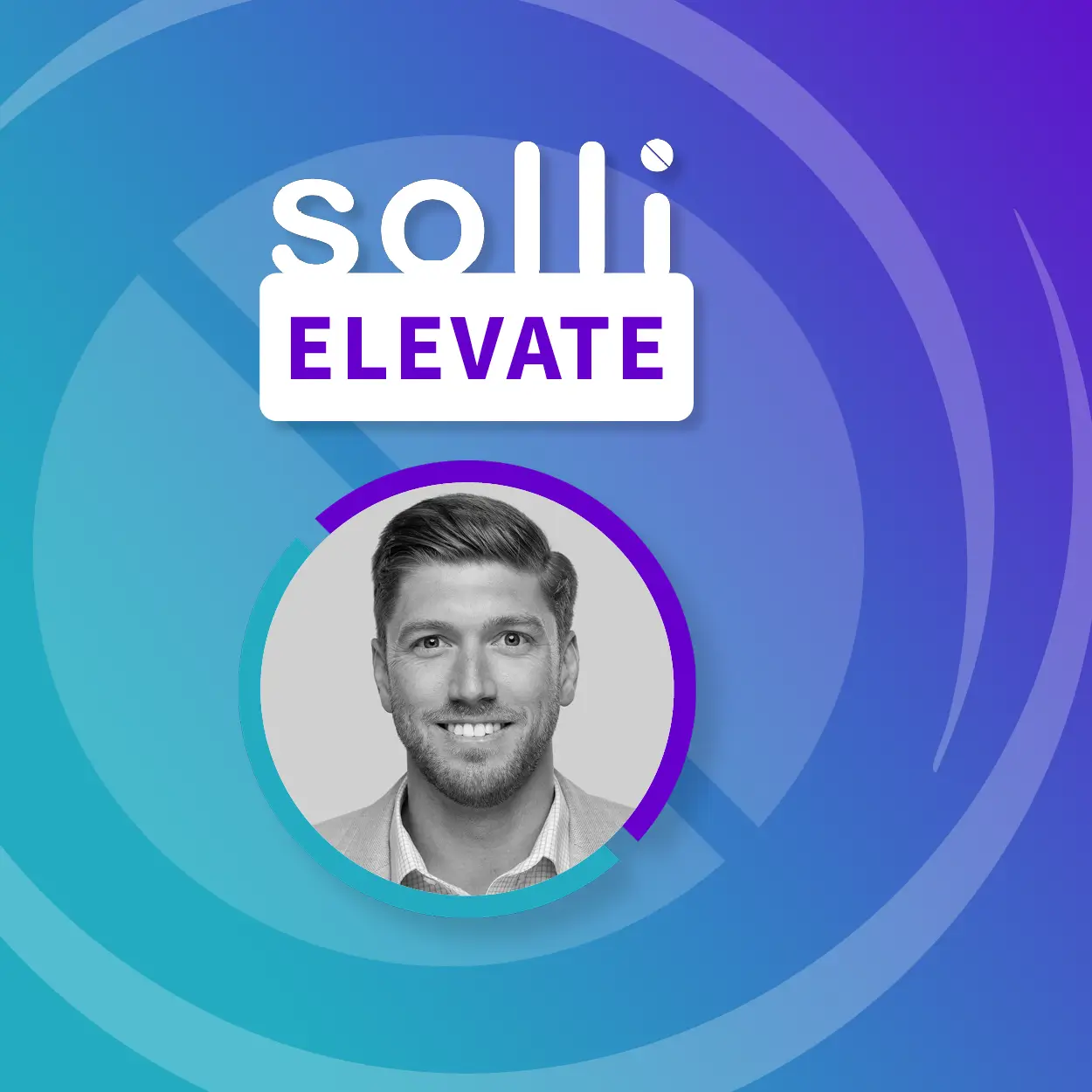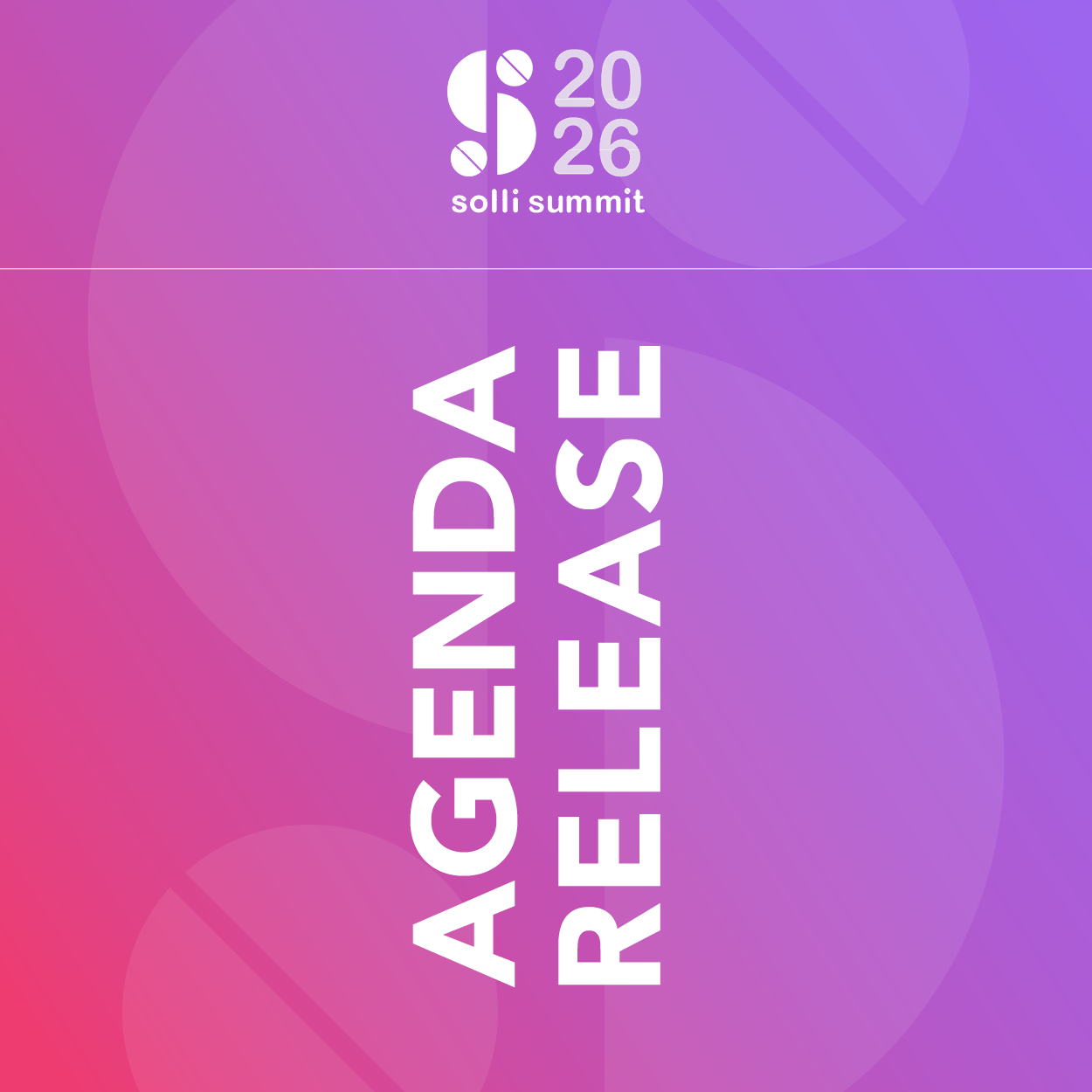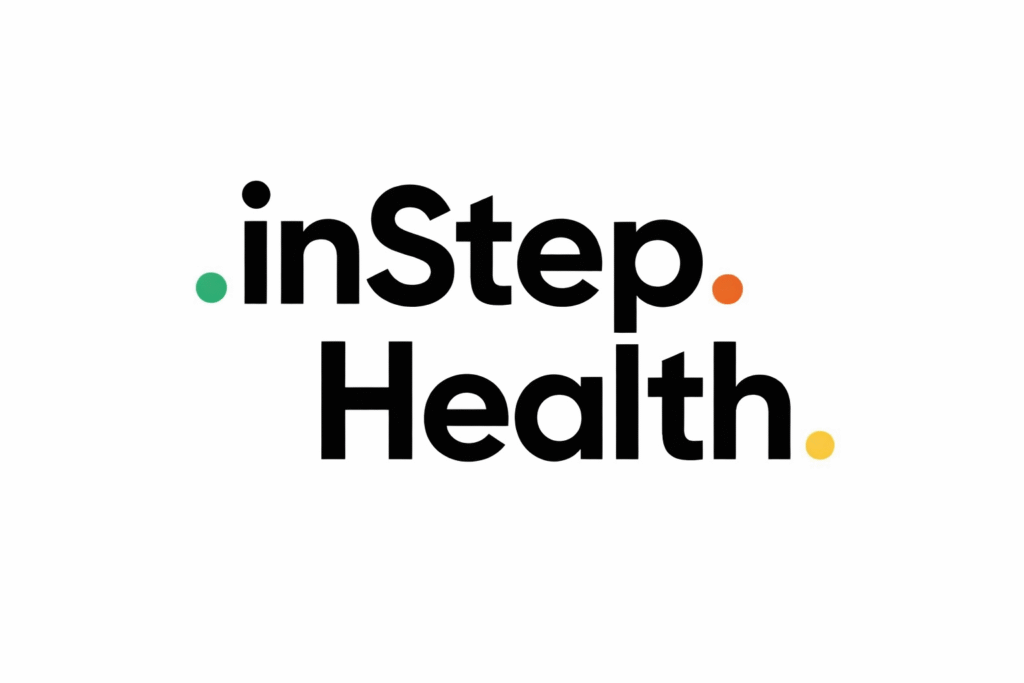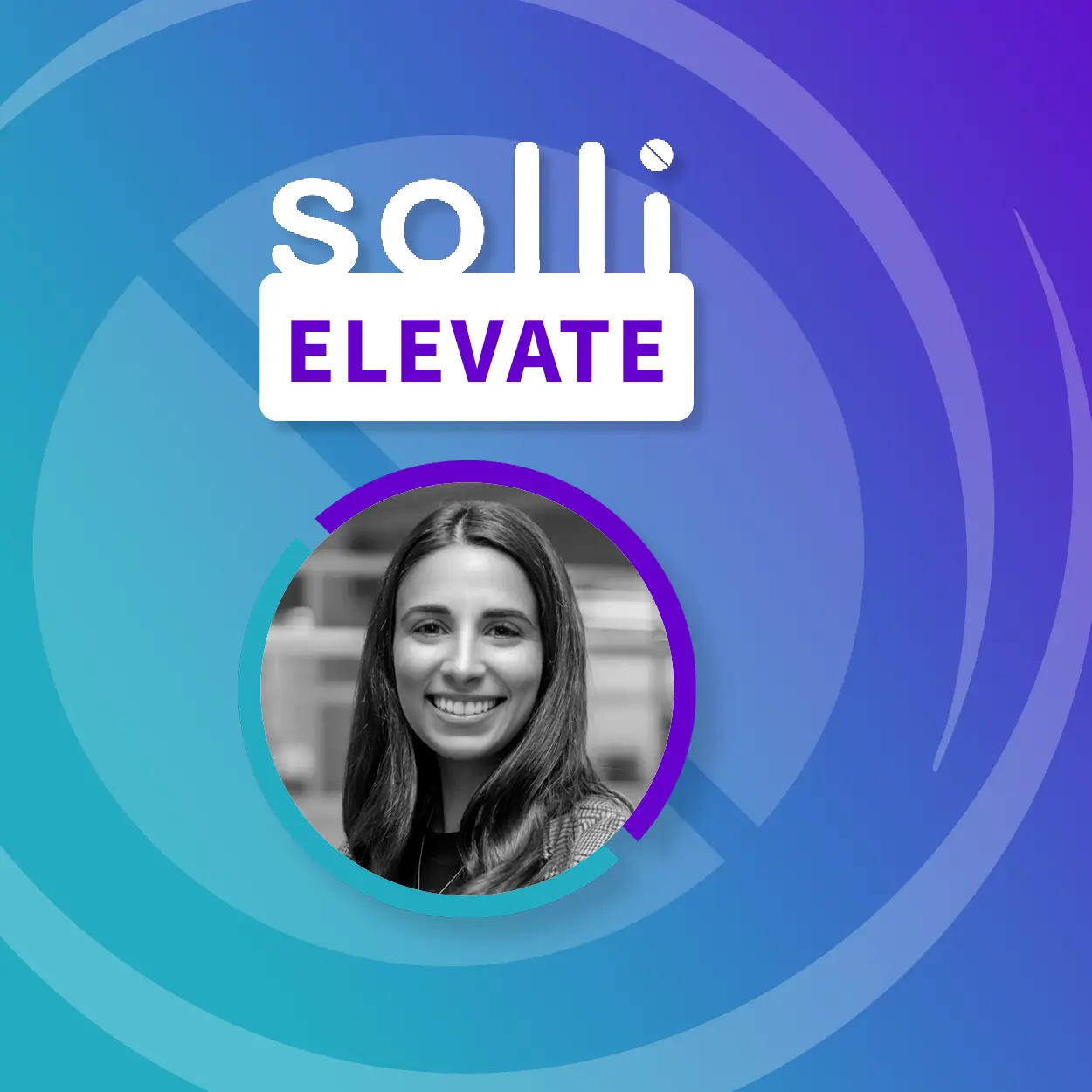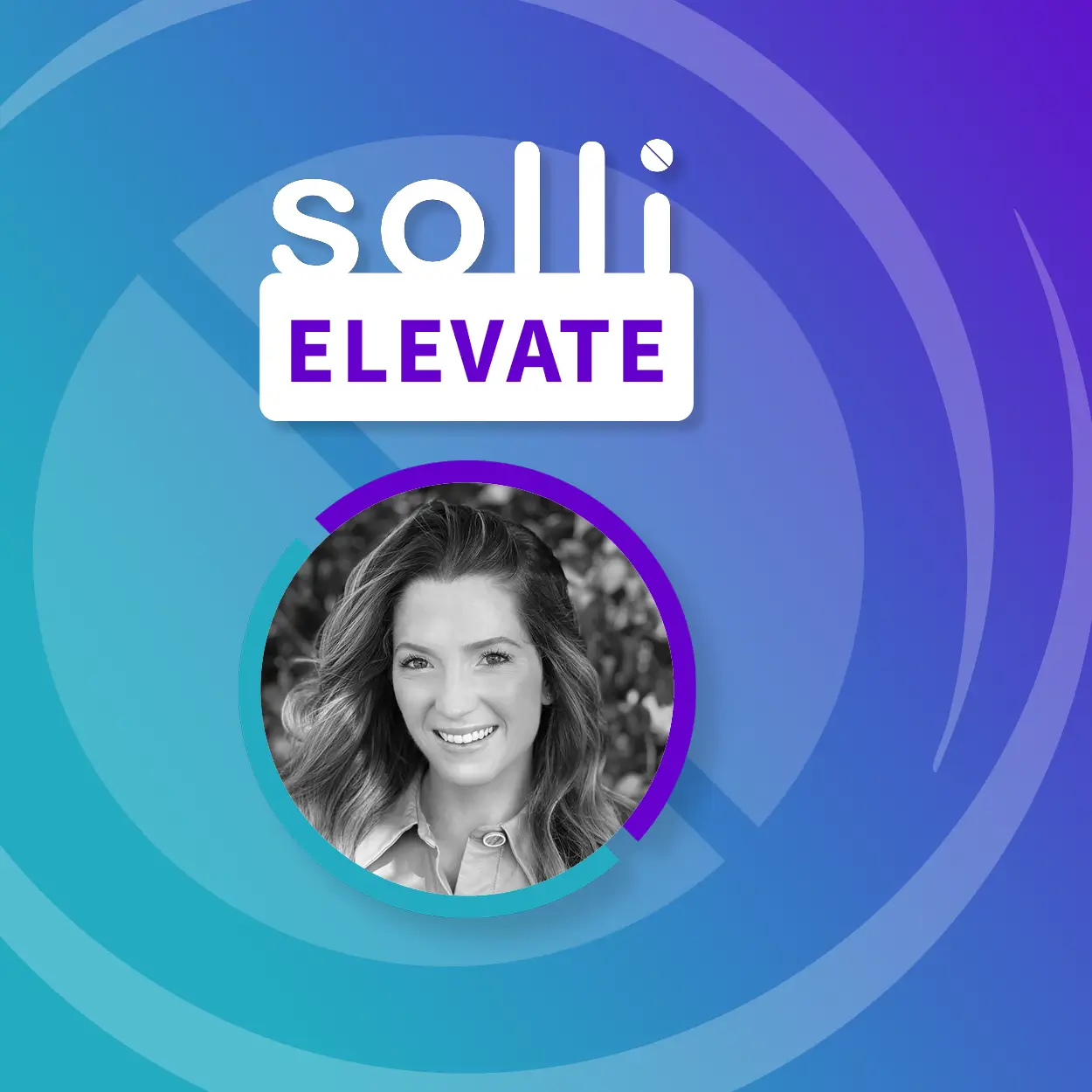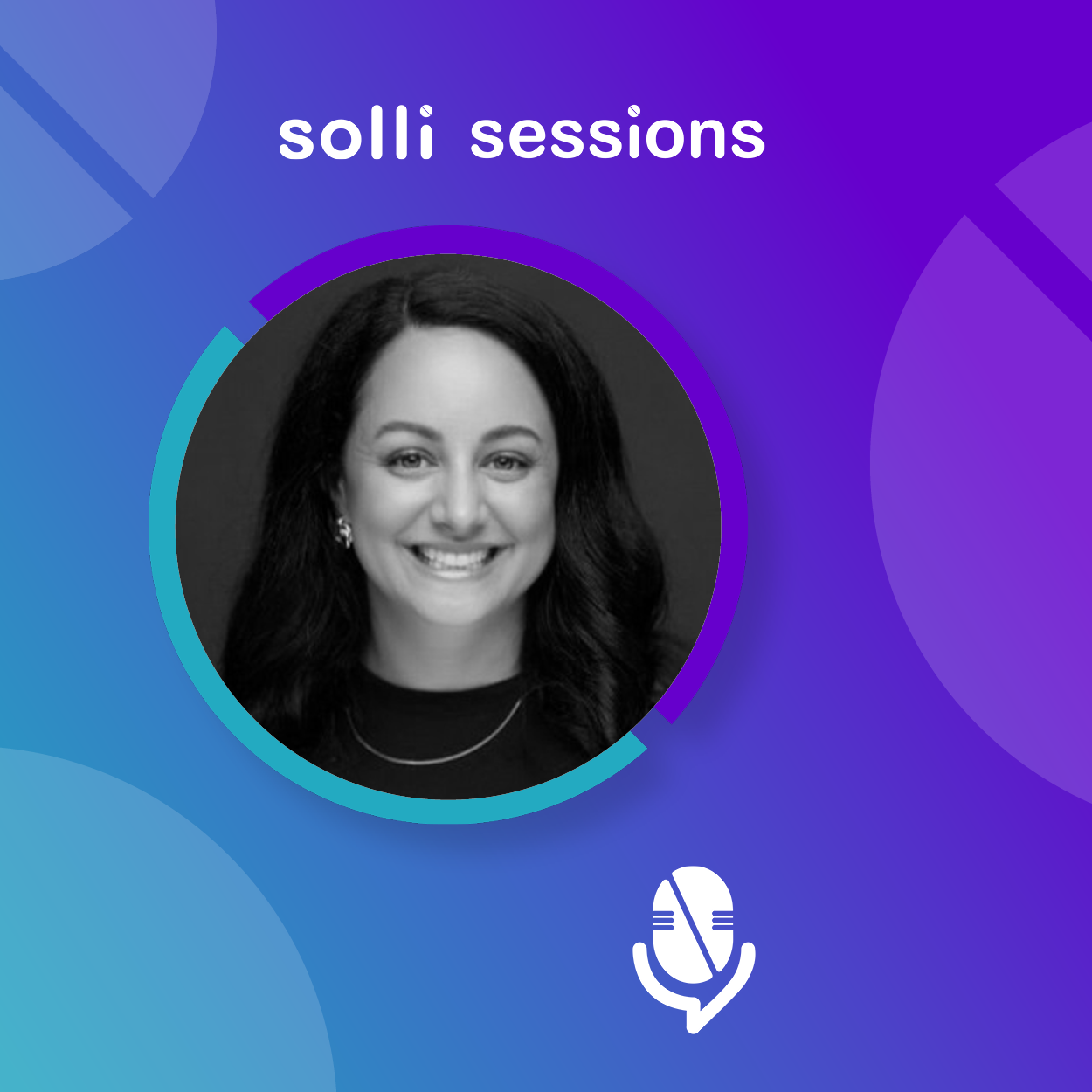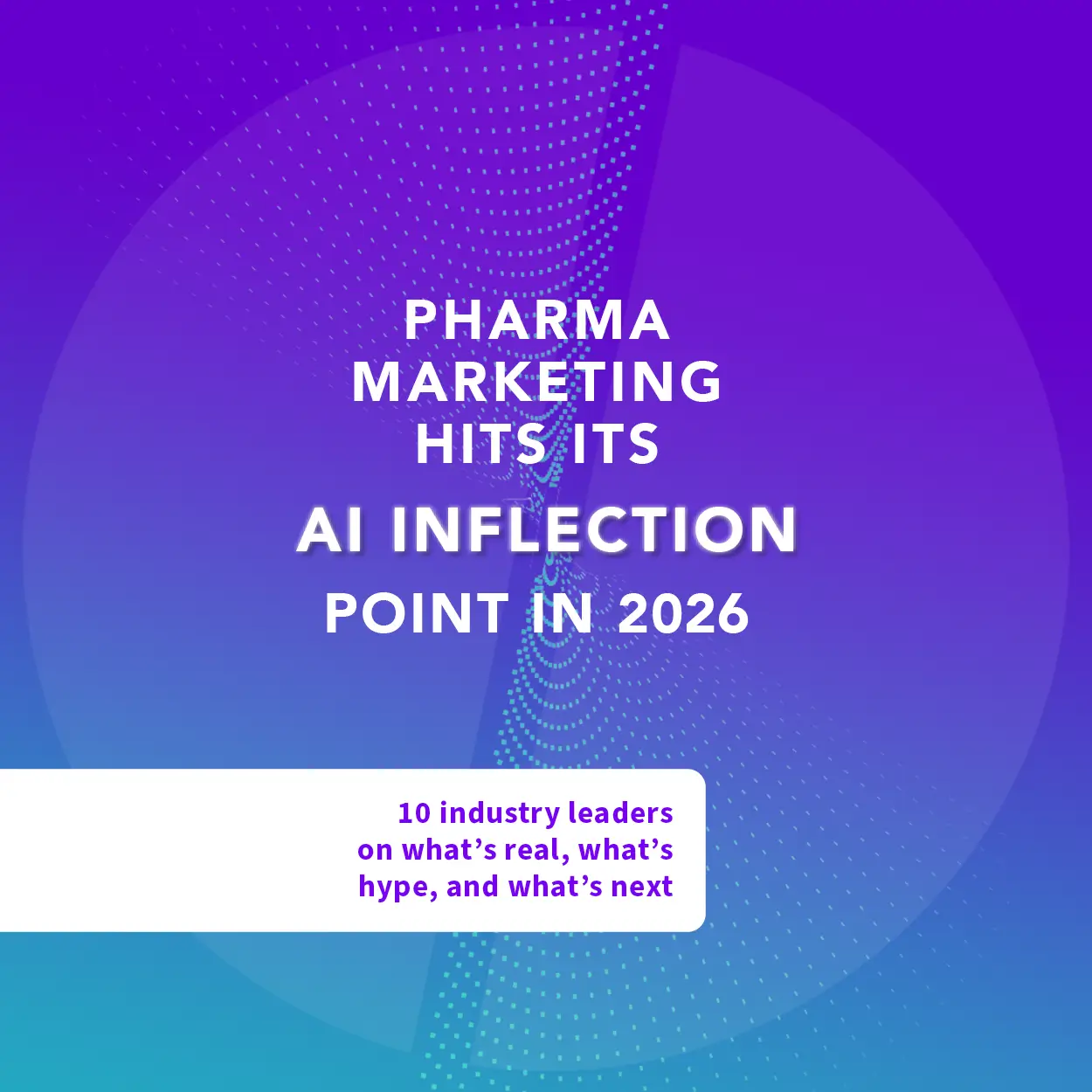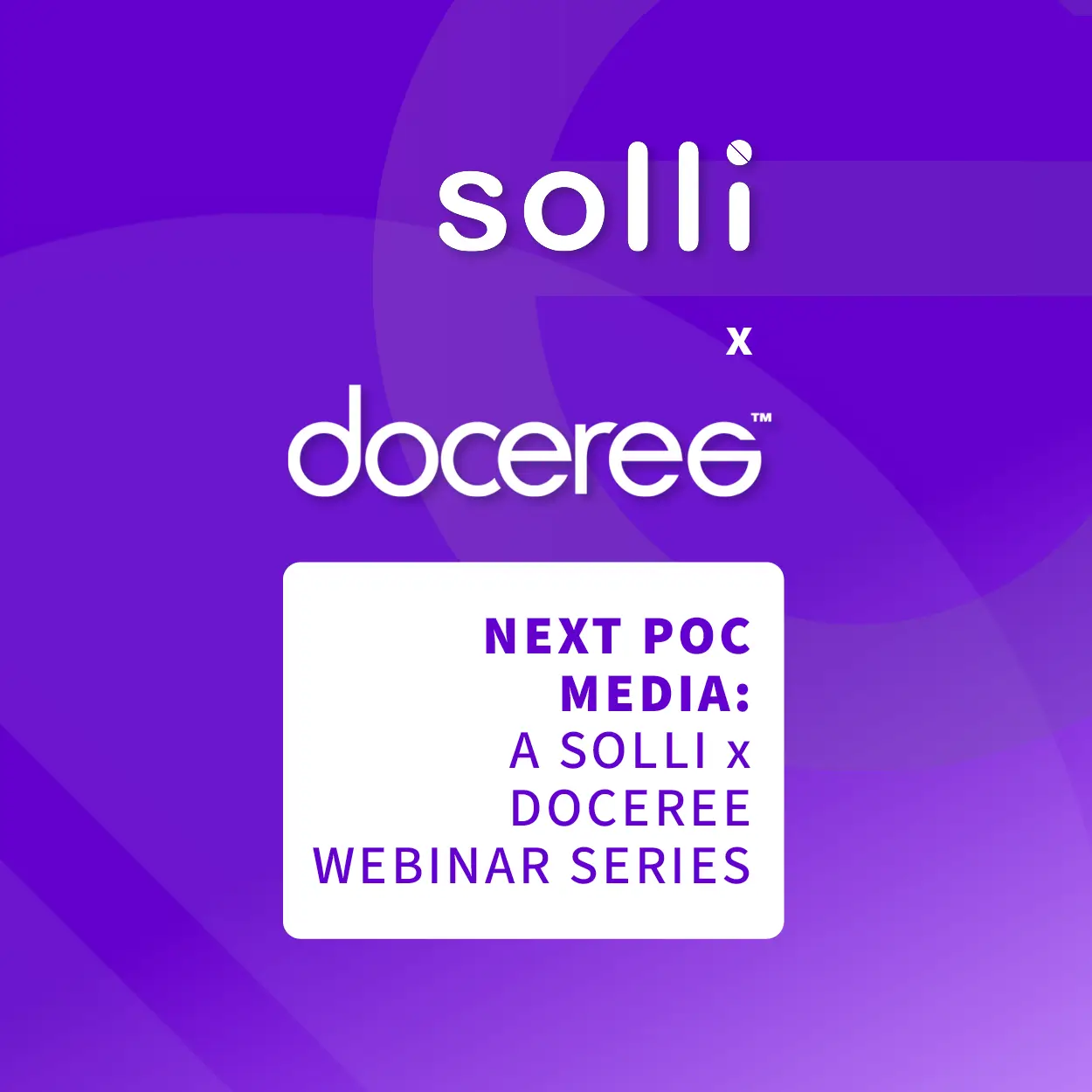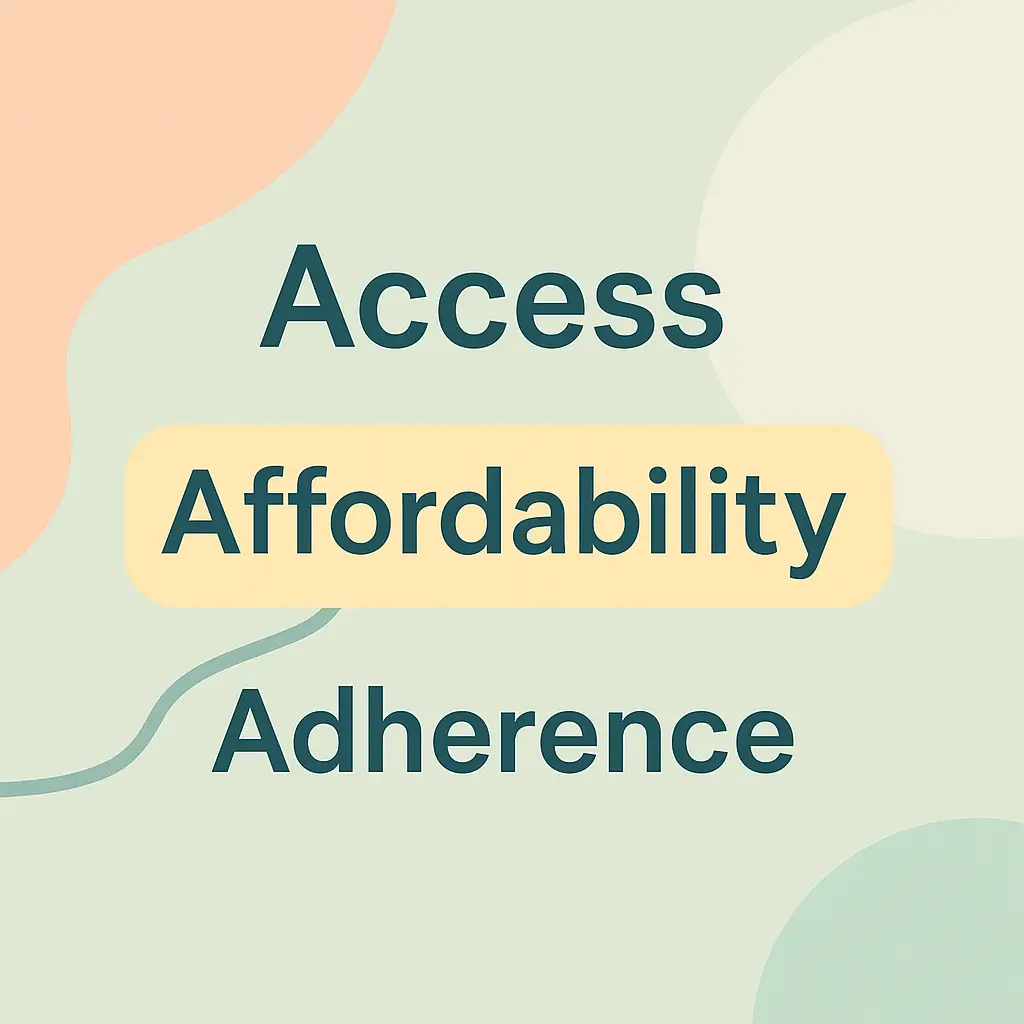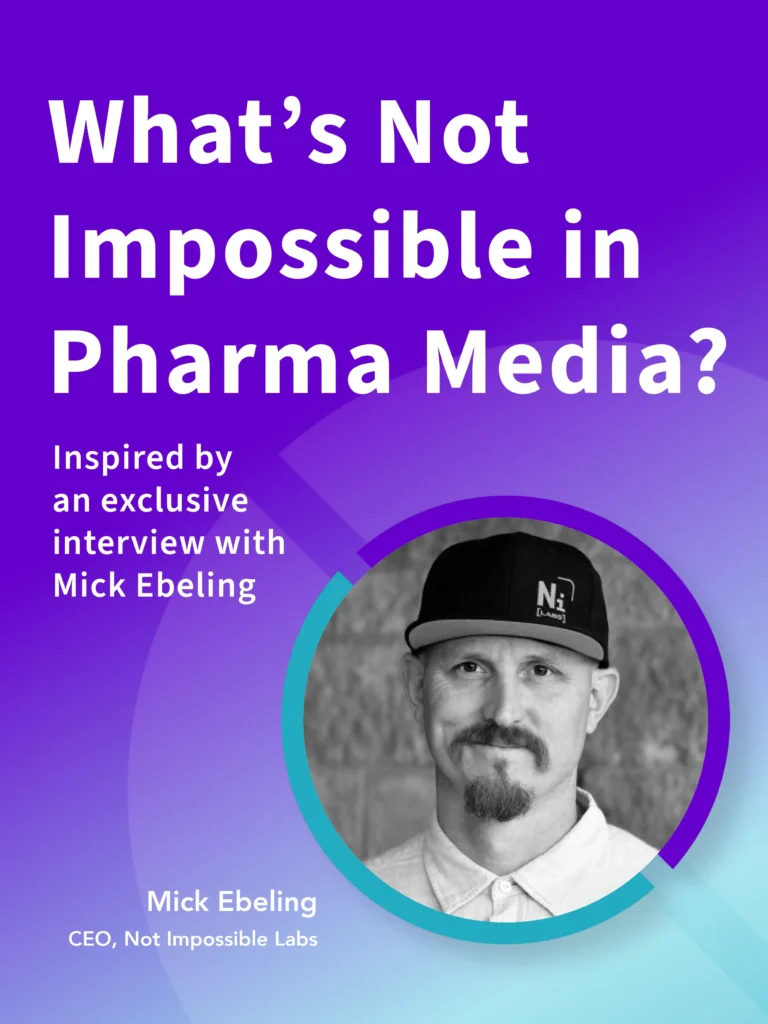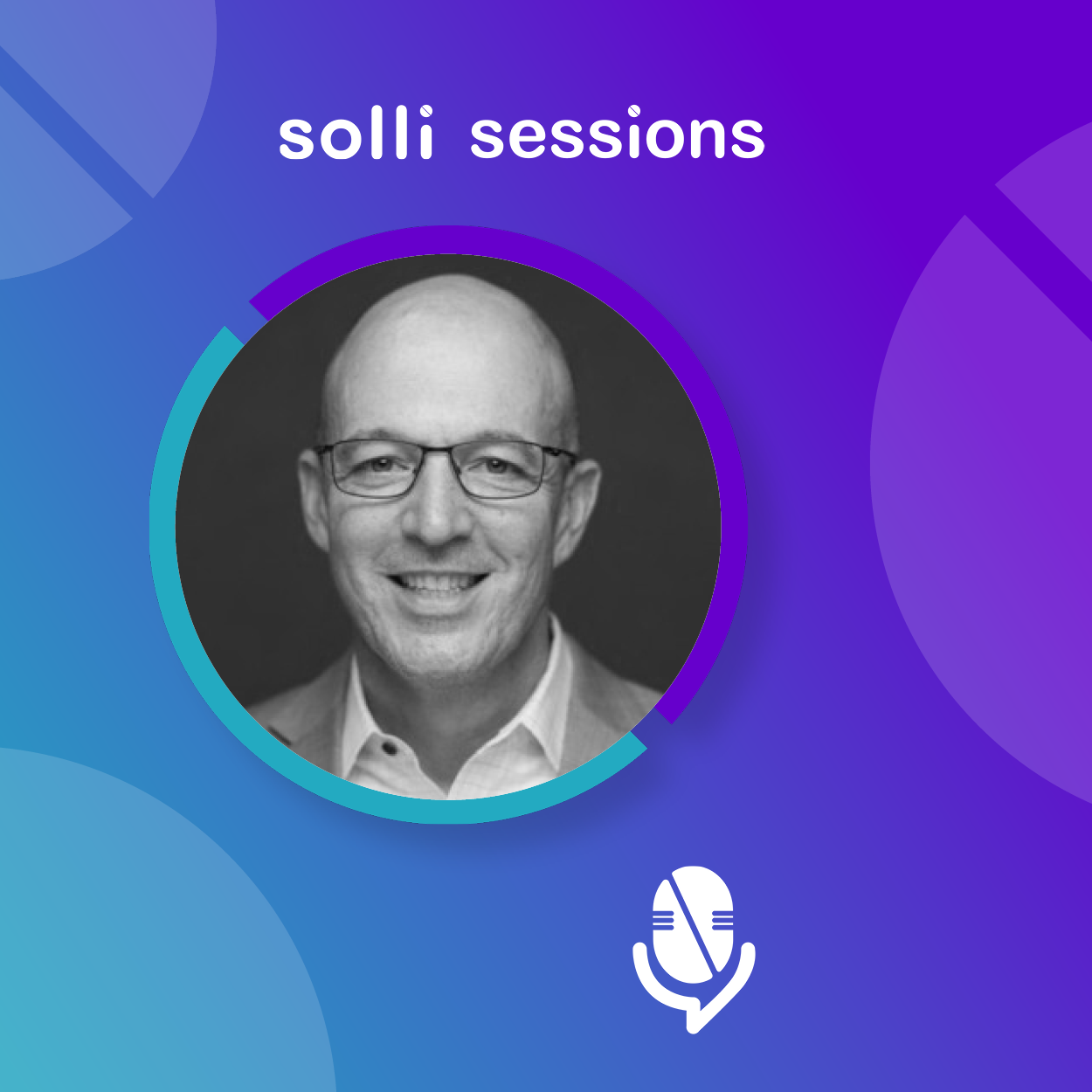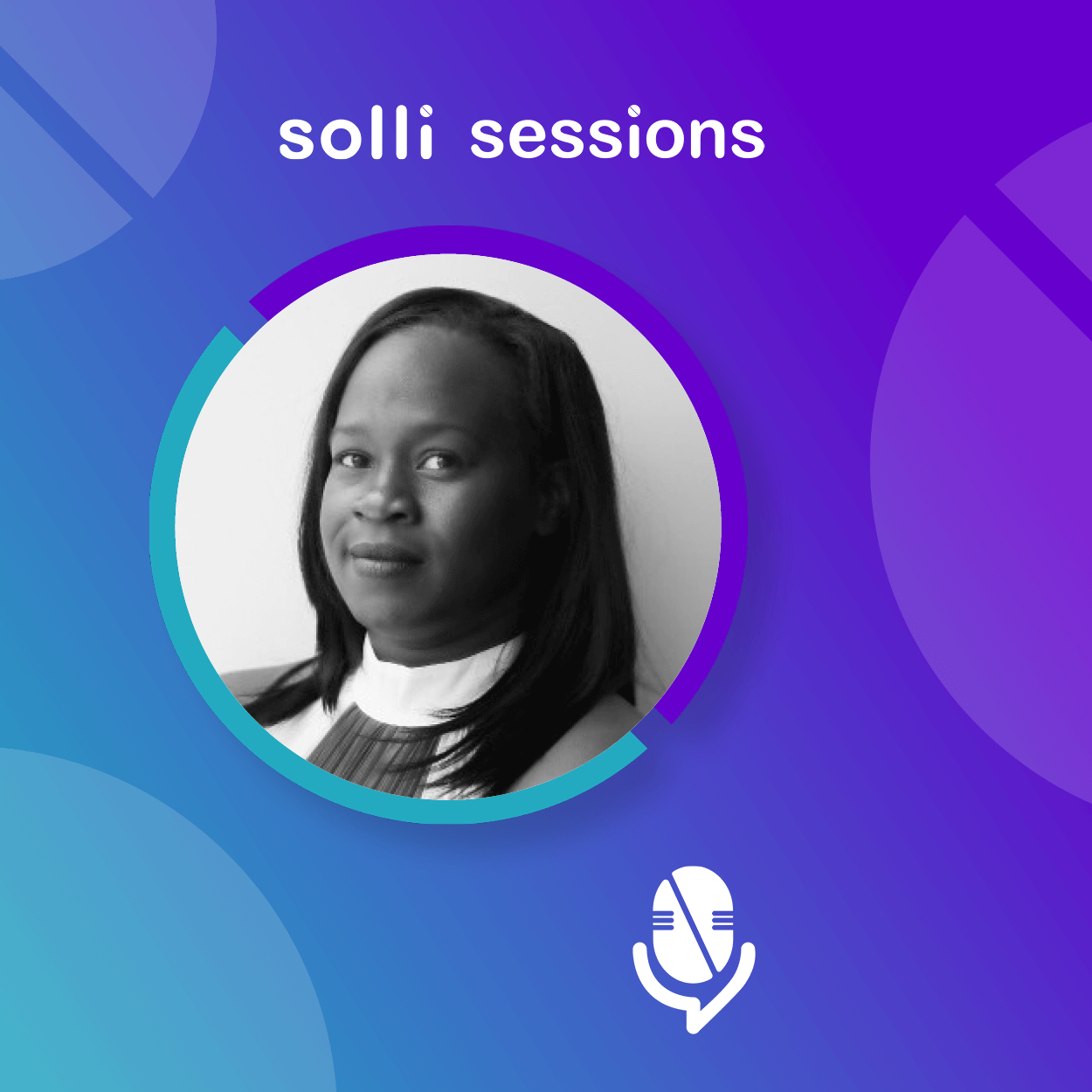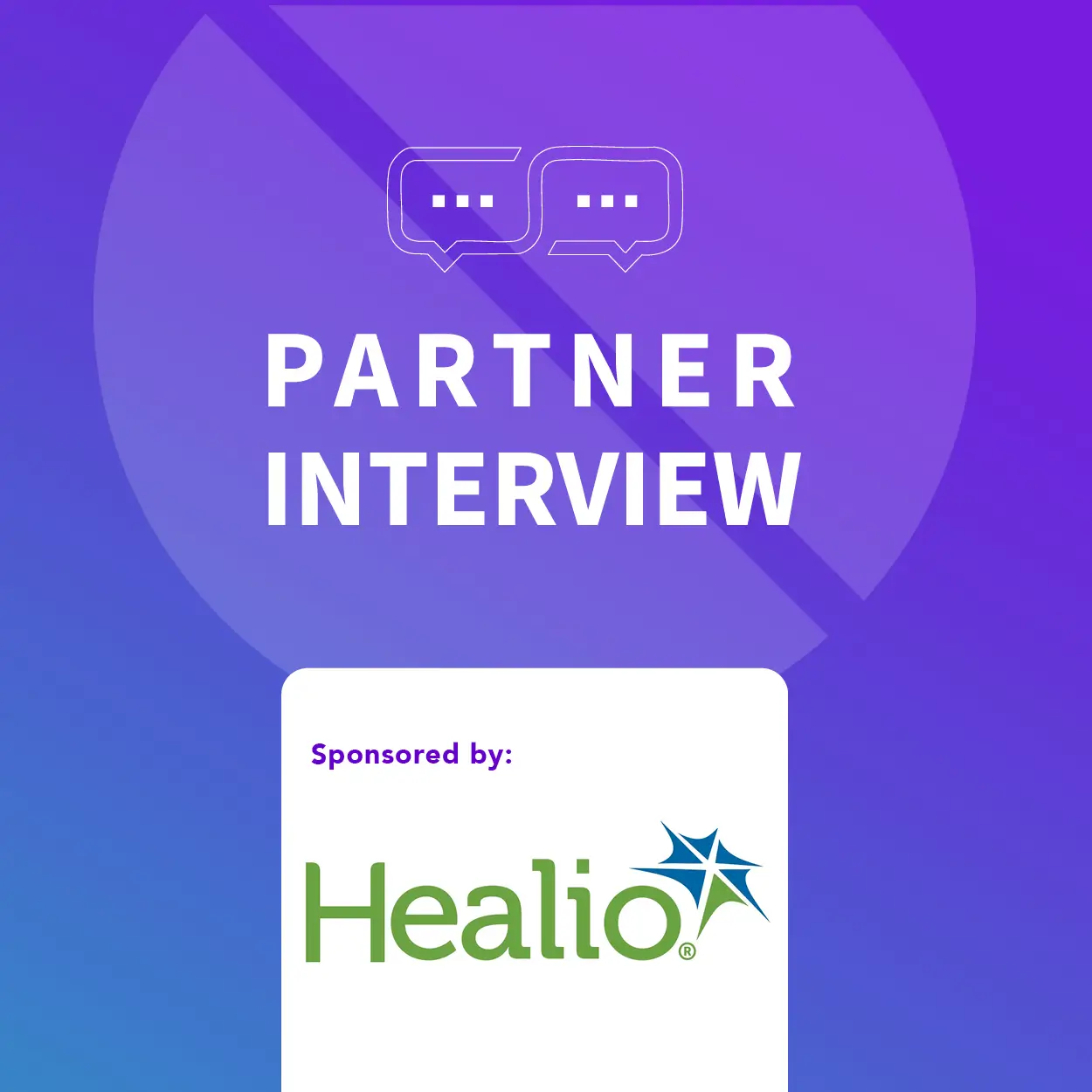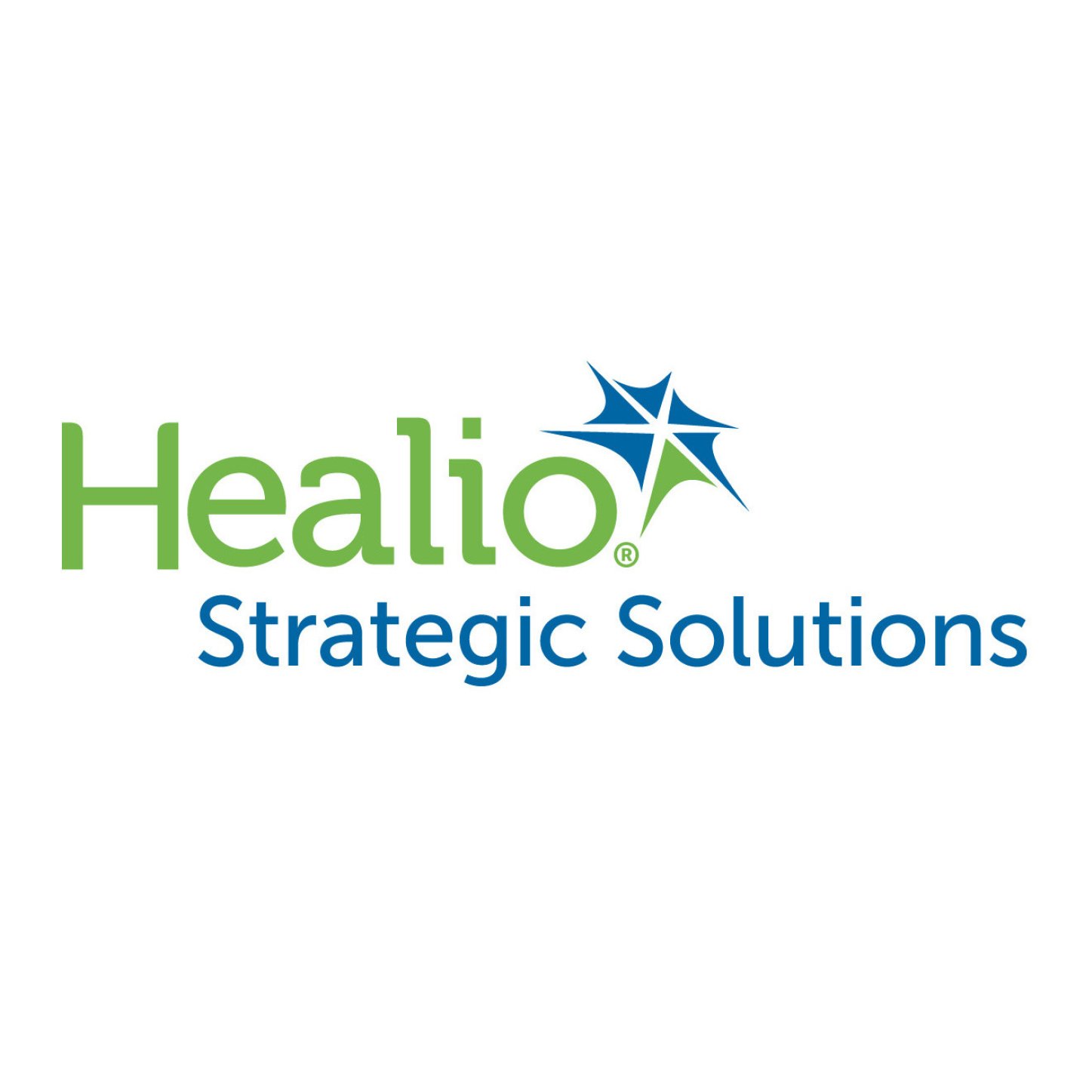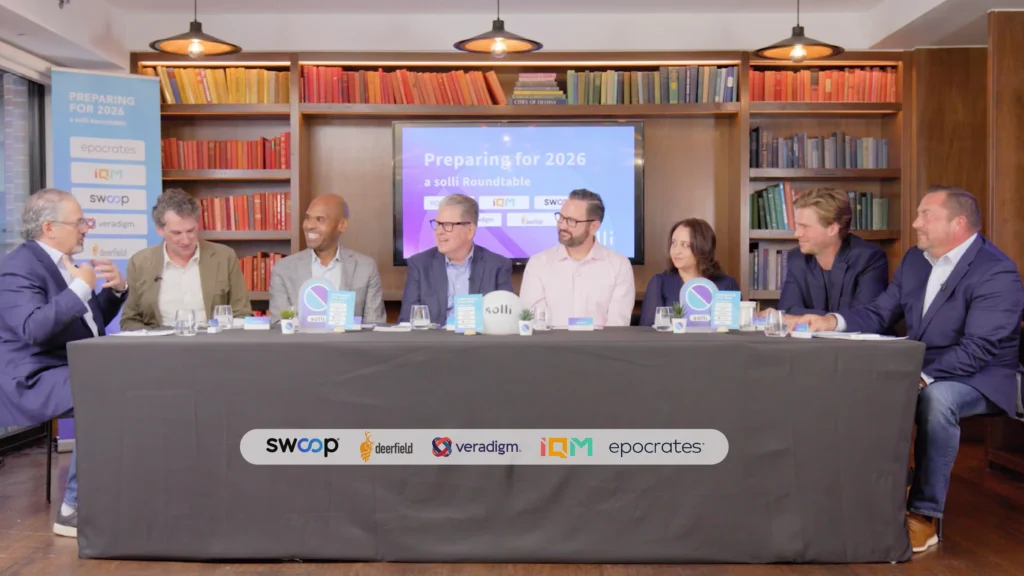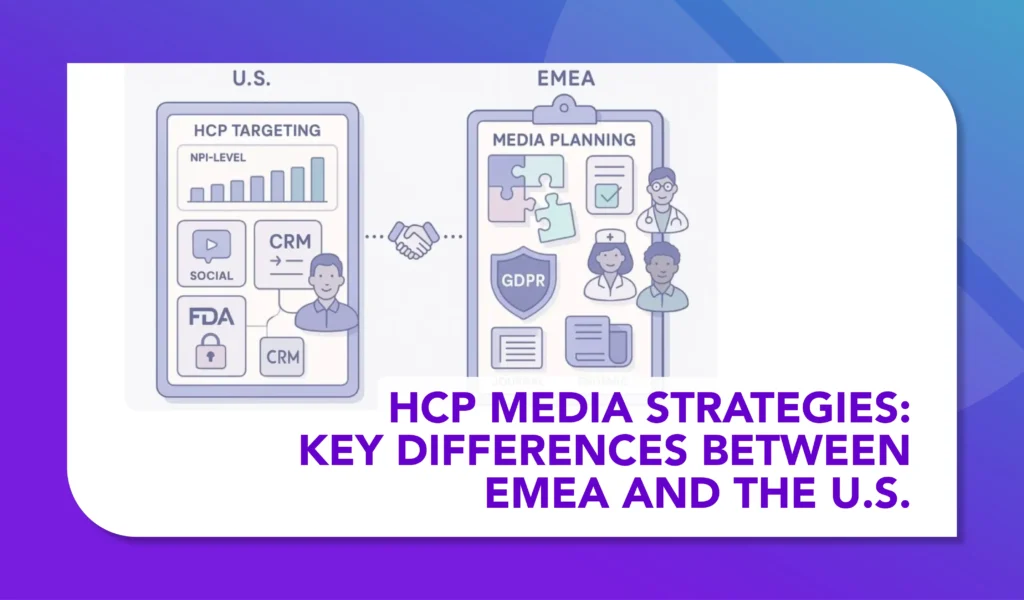Understanding German HCP behaviours
Three HCP platforms combine to share deeper understanding of content consumption behaviours in German

A recent study from DocCheck, coliquio, and esanum sheds light on the information-seeking behaviours of German healthcare professionals. The survey, which collected over 1,000 responses through an online questionnaire, provides insights for companies looking to optimize their marketing and communication strategies in the healthcare sector.
Key findings from the survey include:
- Digital Sources Dominance: 59% of respondents rely on digital sources for professional information. Notably, 71% use search engines, such as Google, during treatment processes, with 87% of doctors using Google at work and 68% seeking personal exchanges with colleagues.
- Field Service Visits and Peer-to-Peer: While 49% view personal field service visits as a significant information source, especially among specialists like urologists, an overwhelming 90% value peer-to-peer for information.
- Analogue Sources Still Relevant: Despite the digital shift, 90% of respondents still use journals as a primary information source, typically reading them after work or on days off. Among doctors under 40, there’s a noticeable but not overwhelming preference for digital sources.
Impact on Global Pharma Media
With the historical believe that the German HCP market is entirely dominated by print engagement channels, these results highlight the necessity for companies to tailor their communication strategies to various contexts. Ensuring a presence on platforms like Google for treatment-specific queries and offering online training courses for after-hours learning are crucial steps.
The study also notes that the high relevance of digital sources may be influenced by the digital nature of the platforms surveyed, suggesting that results could differ in studies with a print focus. A qualitative approach could further enhance the understanding of the contexts and purposes of information-seeking behaviours.
For a detailed view of the complete results, visit the study page here.

